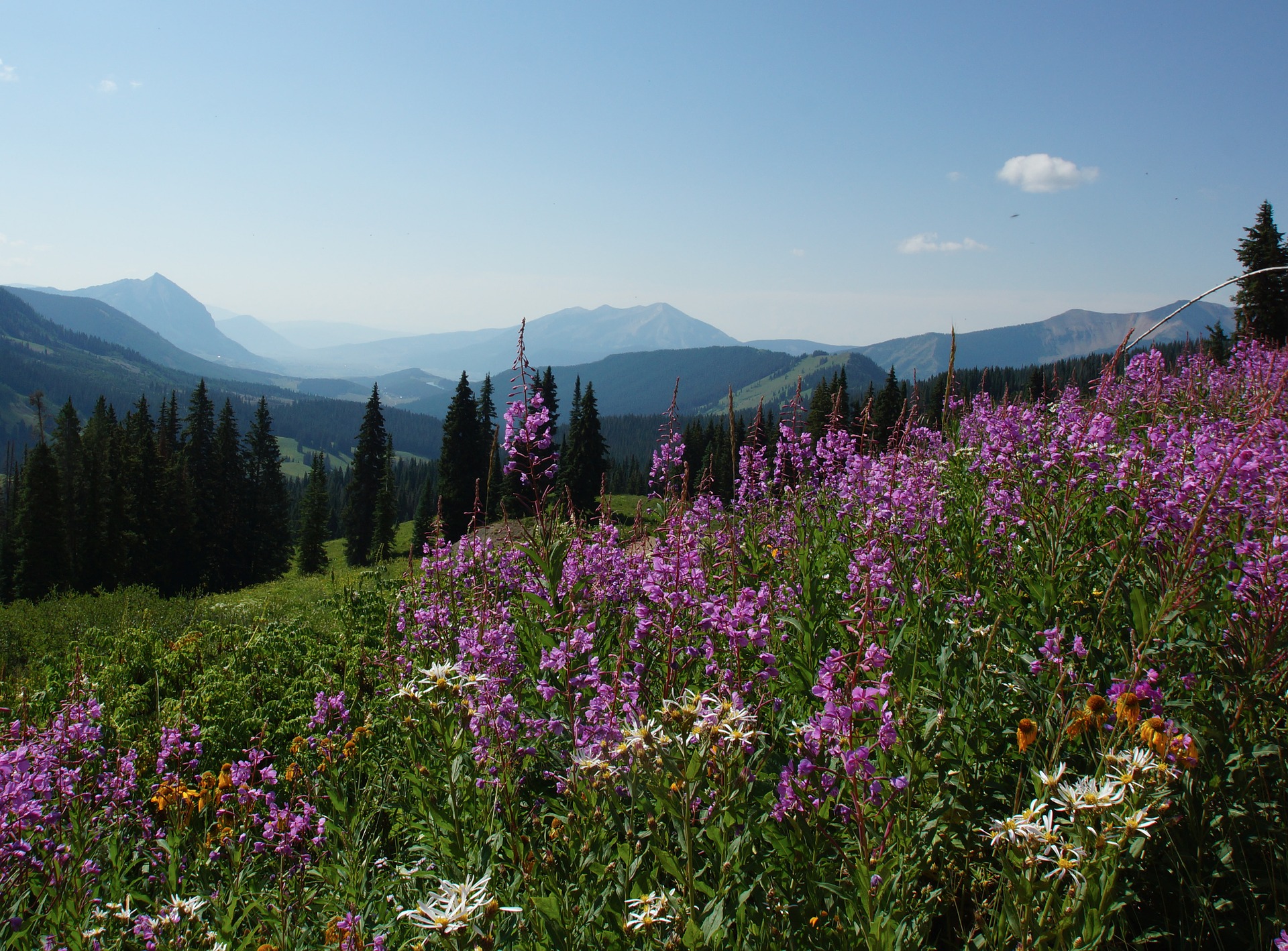
My recent travels took me through Colorado, winding my way east from Utah along I-70 and then north from Denver with a stop off in Boulder before heading to Fort Collins and on to the Pawnee National Grassland. Colorado was always a favorite spot for family vacations growing up. In the winters, we would pack our skis and snowboards and head to Breckenridge for the holidays. This always felt special, because the closest thing to a white Christmas at home was building sand castles on Florida’s white sand beaches. The summers we didn’t spend at the beach, we would occasionally fly out to Colorado for a week of hiking, fly fishing, and breathing in the crisp morning air of Colorado summers – a far cry from the oppressively humid clime of our home state. It was in Colorado that my brother and I spent one of our college summers tackling 14ers, pushing our bodies beyond what we knew we were capable of. All that to say, Colorado holds a special place in my memories and in my heart.

Signing Away Your Health
On this trip through Colorado, I noticed something that hadn’t really caught my attention before: oil rigs dotting the beautiful landscape of northern Colorado. Perhaps my senses were heightened because of documentary I had recently watched called Gasland, in which filmmaker Josh Fox reveals the impact of natural gas drilling in communities throughout the United States. In the film, he visits with residents in one area of Colorado whose lives have been flipped upside down by agreeing to sell the rights to the minerals on their property to oil and gas companies. Many residents see the dollar signs and hastily sell mineral rights, while others happen to just live on land that’s adjacent to an area being drilled. Either way, thousands of people in Colorado and other parts of the U.S. have had to deal with the ramifications of oil and gas drilling, and in particular, a new method of drilling called fracking.
Fracking on the Niobrara Shale
Northern Colorado lies along a portion of the massive Niobrara shale play, a large oil and gas-rich region that also runs through Nebraska, South Dakota, Wyoming, and Montana. While the area has been drilled for years, it wasn’t until the past decade that companies adopted the practice of fracking. This newer process pumps waters and chemicals deep into the ground at a high pressure, fracturing the shale and releasing oil and gas. While considered revolutionary by the oil and gas companies because it allows drillers to reach previously unreachable pockets of trapped oil and gas, this method is the worst nightmare of environmentalists and most landowners.
What’s the Risk?
Why is fracking so bad? One of the main cases against fracking is the use of a proprietary blend of chemicals that is pumped into the ground, which poses a water contamination risk for humans and animals. No one is entirely sure what chemicals are involved, but communities where fracking takes place have experienced an increase in birth defects, cancer, and nervous system disorders, among other maladies. If you need convincing that the water is contaminated, just watch what happens when a resident who lives near a fracking site lights her tap water on fire. Additionally, fracking has been linked to increased seismic activity, putting millions at risk from man-made earthquakes. If that wasn’t enough, each well uses up millions of gallons of water.
Current Tone in Colorado
These facts are especially startling in light of the number of wells in Colorado that now use hydraulic fracturing. According the Bureau of Land Management, approximately 95% of new wells in Colorado are fractured. At the moment, a drop in worldwide gas prices has put a lot of Colorado drilling on pause, but it’s just a matter of time before operations resume and expand. Across the state, anti-fracking activists, also referred to as “fractivists”, have begun petitioning the state government to regulate fracking more heavily. They hoped to get two anti-fracking measures onto the November ballot, but were shy of the verified signatures needed to do so.

Striking a Balance
As someone who loves Colorado and its incredible people, I hope that organizations like Yes for Health and Safety Over Fracking will continue the fight for responsible and transparent drilling practices. I’d hate to see the Centennial State ruined by greedy oil money, but I also understand that the oil and gas industry provides lots of economic benefit through jobs and the purchase of mineral rights. In Colorado, and across the country, the oil and gas industry has a lot of cleaning up to do.

